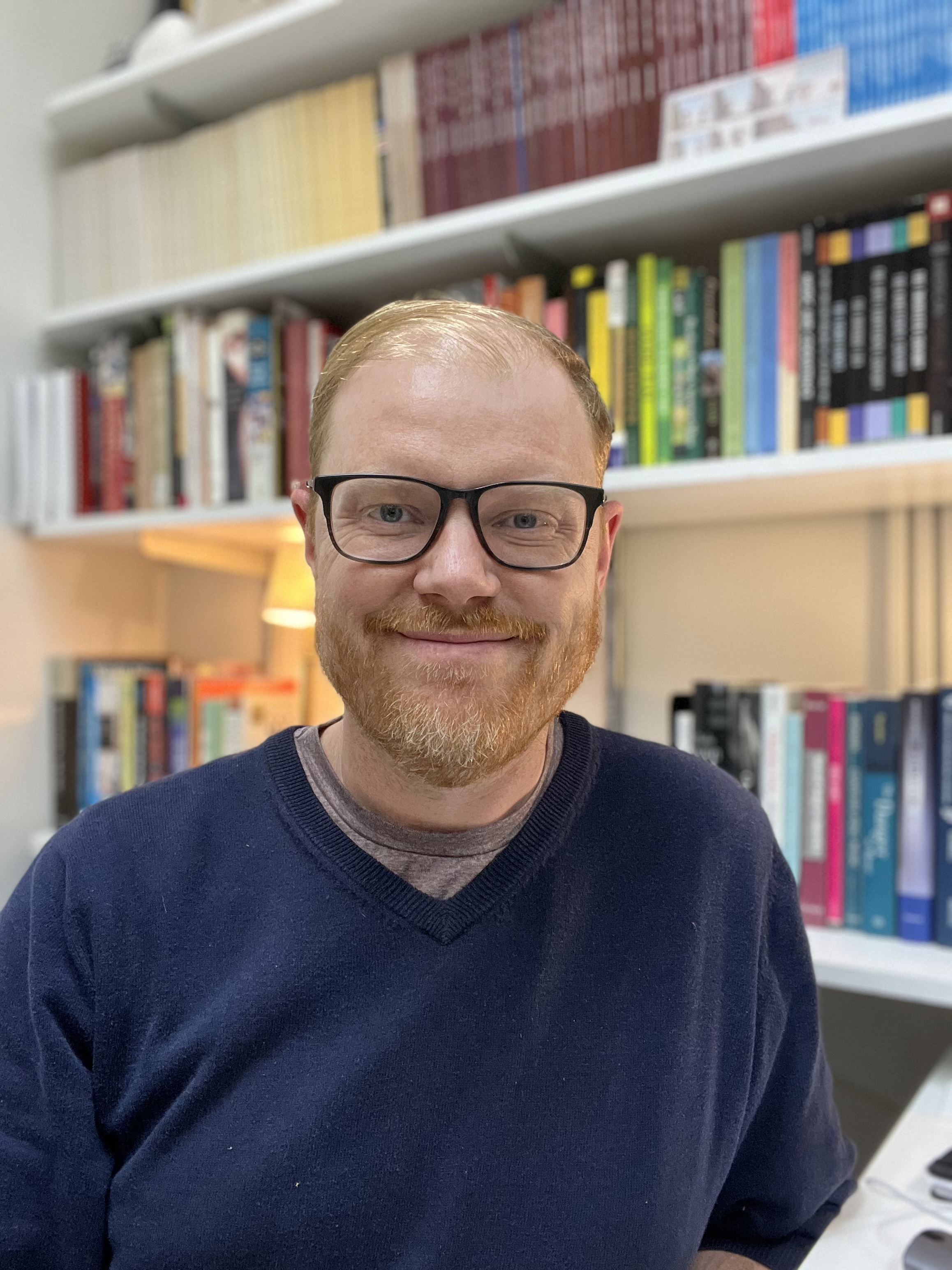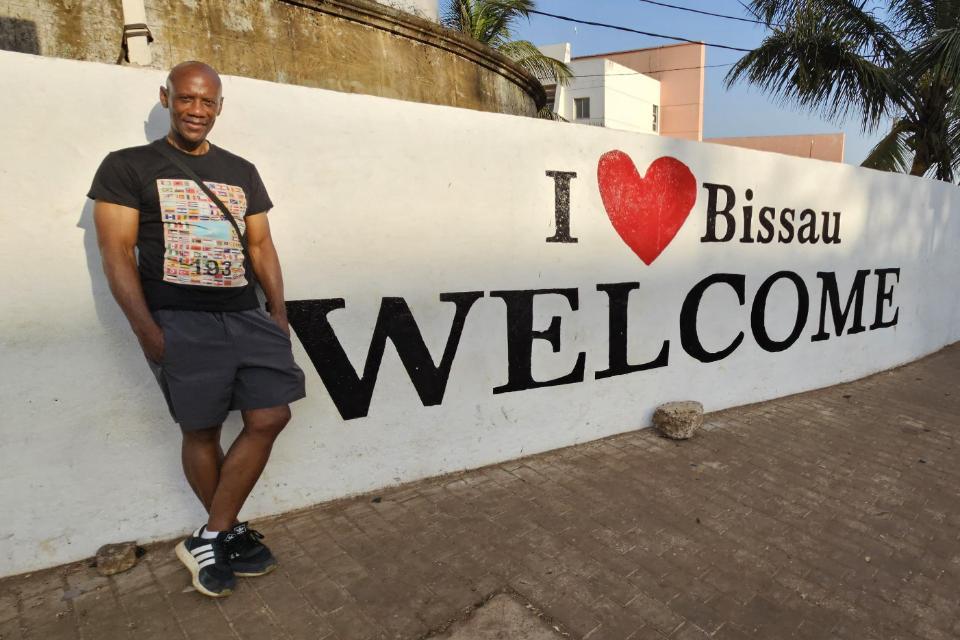- Lehman College >
- News >
- 2023 >
- The Hot New Thing in Radiochemistry? Lehman College
News
Search All News
Tuesday, March 3, 2026
CONTACT
Office Hours
Monday - Friday 9am - 5pmClosed Sat. and Sun.
RELATED STORIES
March 30, 2026
The Hot New Thing in Radiochemistry? Lehman College

Assistant Professor of Chemistry, Melissa Deri
November 20, 2023
Carbon-dated dinosaur bones, power plants, cancer treatment, nutritious food safety, and much more are all possible because of radiochemistry—the production and study of radioactive isotopes. Now, thanks to a joint initiative between Lehman College and Brookhaven National Laboratory (BNL), Lehman is poised to draw the next generation of radiochemists to its campus to train for careers in fields ranging from biotechnology and environmental science to medical imaging and radiopharmacology.
The "Increasing Access to Radioisotopes by Advancing Radiochemical Training Capabilities" program is funded by a three-year, $750,000 grant through the U.S. Department of Energy Isotope Program’s Funding for Accelerated Inclusive Research (FAIR) initiative.
“The grant will fund the purchase of a type of radiation detector that will allow us to do new and exciting things, such as gamma spectroscopy,” said Assistant Professor of Chemistry Melissa Deri, who is co-leading the project with Dr. Vanessa Sanders at BNL. “The energies of emitted gamma rays are like an isotopic fingerprint, and being able to distinguish between different isotopes and elements will enable research on radiochemical separations for isotope production.”
Currently, no other CUNY colleges have a radiation detector of this kind. It will be a critical component of Lehman’s “hot lab,” where researchers can safely handle certain radioactive isotopes. This new detector will expand the types of radiochemical research Lehman faculty, undergraduate, and graduate students can carry out on campus.
The Department of Energy’s FAIR program was established to support Higher Education partnerships with research centers like BNL to build research capacity, infrastructure, and expertise in STEM fields at Minority-Serving and Emerging Research Institutions.
Lehman was an ideal candidate; for the past five years, Deri and her students have been using BNL’s facilities on Long Island to conduct radioactive experiments. Unfortunately, this arrangement excluded some students who weren't able to travel for extended periods.
“That limits the work to summers for undergrads or stints on Long Island for my grad students,” she said. “A detector at Lehman will allow for more students to be able to get trained without having to travel.”
The program will provide stipends for graduate and undergraduate students to carry out isotope production projects, opening doors for more students to discover nuclear science, including underrepresented populations and create opportunities for additional, interdisciplinary research.
“With the new detector we can expand to other radiochemical projects and even consider doing some environmental sampling projects in the future,” said Deri.
Projects like these will position Lehman College faculty and students to undertake research that is fundamental to many industrial, ecological, and health care applications.
“The award from the Department of Energy’s National Isotopic Development Center will put Lehman on the map as a regional center for isotope research,” said Pam Mills, dean of Lehman’s School of Natural and Social Sciences. “Just as important, it will enable Professor Deri to continue her outstanding work—and attract talented students from diverse backgrounds who are eager to explore careers in isotope science.”
To learn more, contact the Deri Lab.









